When trying to stick to your fitness path this year, you may think undereating could solve your problems. It won't.
But it makes sense, right? The less you eat, the less you'll gain. But this is only partially true. As Irvine personal trainers, we've seen our fair share of clients trying to capitalize on undereating to help them reach weight goals.
And every time, we've told them why undereating isn't a good weight loss method.
Here's why undereating isn't a healthy diet option for you while trying to stick to your goals this year.
What Is Undereating?

Undereating is consuming fewer calories than the body needs to maintain a healthy weight and proper bodily functions.
Not eating enough can happen intentionally, as in the case of dieting, or unintentionally, due to poor nutrition.
Undereating can lead to various health problems, like nutrient deficiencies, slowed metabolism, and weakness. Let’s learn more about them.
Why Is Undereating Bad For Weight Loss?
There are some key glaring reasons why undereating can be a bad weight loss strategy.
Undereating Slows Your Metabolism
Consuming too few calories can cause the body to enter "starvation mode," in which the metabolism slows down to conserve energy.
Metabolism is the process by which the body converts the food we eat into energy. Your metabolism can affect weight gain because a faster metabolism burns more calories, while a slower metabolism burns fewer calories.
A few factors can affect a person's metabolism, including genetics, muscle mass, and hormone levels. People with a higher muscle mass tend to have a faster metabolism because muscle burns more calories at rest than fat does.
What Slows Down Metabolism?
Certain lifestyle factors can also affect metabolism.
- Lack of physical activity
- Chronic stress
- Poor sleep
- Eating processed foods
On the other hand, regular exercise, adequate sleep, and a diet rich in nutrient-dense whole foods can help boost your metabolism and maintain a healthy weight.
If you enroll in semi-private training in Irvine, you and your friends can work out with an accomplished personal trainer to help craft a diet plan.
It's important to note that metabolism doesn’t solely determine weight gain or loss. Factors like calorie intake, genetics, and lifestyle also play a role.
So, when you undereat, energy conservation then results in a slowing of the metabolism. Your body burns fewer calories to make the available resources last longer.
The body may also release less thyroid hormone, which helps regulate metabolism. This reduction in thyroid hormone output further slows metabolism.
To sum it up, not only can undereating slow your metabolism, but it can make it harder to lose weight.
Wait, Can Undereating Cause Weight Gain?
Yes. When your body enters into its conservation mode, it's trying to hold onto anything it can get or already has.
If an individual compensates for undereating by overeating later on, weight gain may occur. Maintaining a balanced diet and not restricting calorie intake too much is essential, as this can negatively affect overall health.
In short, don't mess with your metabolism!
Nutrient Deficiencies
Eating too few calories can also lead to nutrient deficiencies, negatively impacting overall health and well-being.
When the body doesn't get enough of the essential nutrients it needs to function properly, it can lead to various health problems.
Some of the most common nutrient deficiencies from not eating enough include the following.
- Iron deficiency. Not getting enough iron can cause anemia, a condition where the body doesn't have enough red blood cells to carry oxygen to the body's tissues. Symptoms include fatigue, weakness, and shortness of breath.
- Vitamin D deficiency. Not enough vitamin D in your diet leads to a weakened immune system, bone weakness, and muscle weakness.
- Protein deficiency. If you aren't getting enough protein, it can cause muscle weakness, fatigue, and a weakened immune system.
- Vitamin A deficiency. Not getting enough vitamin A can cause night blindness and lead to dry eyes, dry skin, and an increased risk of infections.
- Calcium deficiency. Not getting enough calcium can lead to weak bones, osteoporosis, and an increased risk of fractures.
In short, getting all your nutrients after crafting a great diet with meal prep can improve your health. Plus, it'll help you feel better overall. We promise.
Weakness and Fatigue

Undereating can cause weakness and fatigue, making it harder to stick to an exercise routine and maintain an active lifestyle.
There are several reasons why your body may feel weak after undereating.
- Caloric Deficiency. When you don't eat enough calories, your body doesn't have the energy it needs to function properly, plain and simple. The result is feeling weakened and tired.
- Low blood sugar. If you go too long without eating, your blood sugar levels can drop, which can cause feelings of weakness and lightheadedness.
- Malnutrition. When you don't eat a balanced diet, you may not get all the essential vitamins and minerals your body needs to function correctly. This can lead to malnutrition, which can cause weakness and fatigue.
- Dehydration. When you don't drink enough water, your body can become dehydrated, which can cause feelings of weakness and fatigue.
- Low Iron level. Iron is an essential mineral that helps transport oxygen in your body. If you don't get enough iron, you may develop anemia, which can cause weakness and fatigue.
Eating Disorders
Undereating can be a symptom of an eating disorder such as anorexia nervosa and Bulimia nervosa, which can have serious health consequences.
Mental Health
Undereating can cause low mood, anxiety, and depression and trigger harmful thoughts about food and weight.
A sustainable weight loss strategy should focus on healthy food choices and increasing physical activity rather than drastically reducing calorie intake.
Try Using These Healthy Dieting Tips Instead

Instead of trying to game the system by not eating enough, try these quick and simple diet tips to help prevent you from undereating and stay healthy.
Keep Track Of Your Calorie Intake
To help ensure you're eating enough to keep your metabolism on track, you can use a food diary or a calorie-tracking app.
You can tailor your diet to reflect your daily schedule and eating habits by getting a better idea of your caloric intake.
Eat Regularly
Plan to have three main meals and two snacks daily to keep your metabolism steady and prevent overeating.
Here are some further pointers for eating regularly.
- Plan ahead. Plan your meals and snacks so that you always have something healthy to eat on hand.
- Make healthy foods easily accessible. Keep healthy snacks, like fruits, vegetables, and nuts, in plain sight and within easy reach so you're more likely to grab them when you're hungry.
- Prep meals in advance. Cook meals in bulk or prep ingredients ahead of time so you can quickly and easily make a healthy meal when you're short on time.
- Keep healthy options on hand at work or school. Pack a lunch or bring snacks to work or school, so you don't have to rely on fast food or vending machines when hunger strikes.
- Stay hydrated. Drinking water can help curb hunger, so drink plenty of water throughout the day.
- Listen to your body. Pay attention to your hunger and fullness cues, and try to eat when you're hungry, not just because it's time for a meal.
- Be flexible. It's okay to miss a meal or snack, don't beat yourself up if you can't stick to your plan all the time.
Include A Variety Of Nutrient-Dense Foods
Make sure to include a balance of protein, carbohydrates, and healthy fats in your diet to ensure you get all the nutrients you need.
Be Mindful Of Portion Sizes
Use smaller plates and be mindful of the amount of food you consume so you don't accidentally eat too little.
Listen To Your Body!
Pay attention to your hunger and fullness cues, and stop eating when you are satisfied, not stuffed.
Another great way to ensure you get all your vitamins and nutrients is by working alongside a private trainer in Irvine.
Work With A Personal Trainer In Irvine At Hideout Fitness

Need help with keeping a consistent eating schedule? Do you want to avoid undereating? Or maybe you want to get in the best shape of your life? Work with a private trainer in Irvine.
The certified personal trainers at Hideout Fitness in Irvine have a wealth of diet and workout experience to help anyone and everyone accomplish realistic fitness goals.
First and foremost, we'll work alongside you diligently to help craft the perfect diet for you. With our meal prep services in Irvine, you can't go wrong. It's time to level up! Get in touch with our team of accomplished private trainers in Orange County today to start achieving great things.












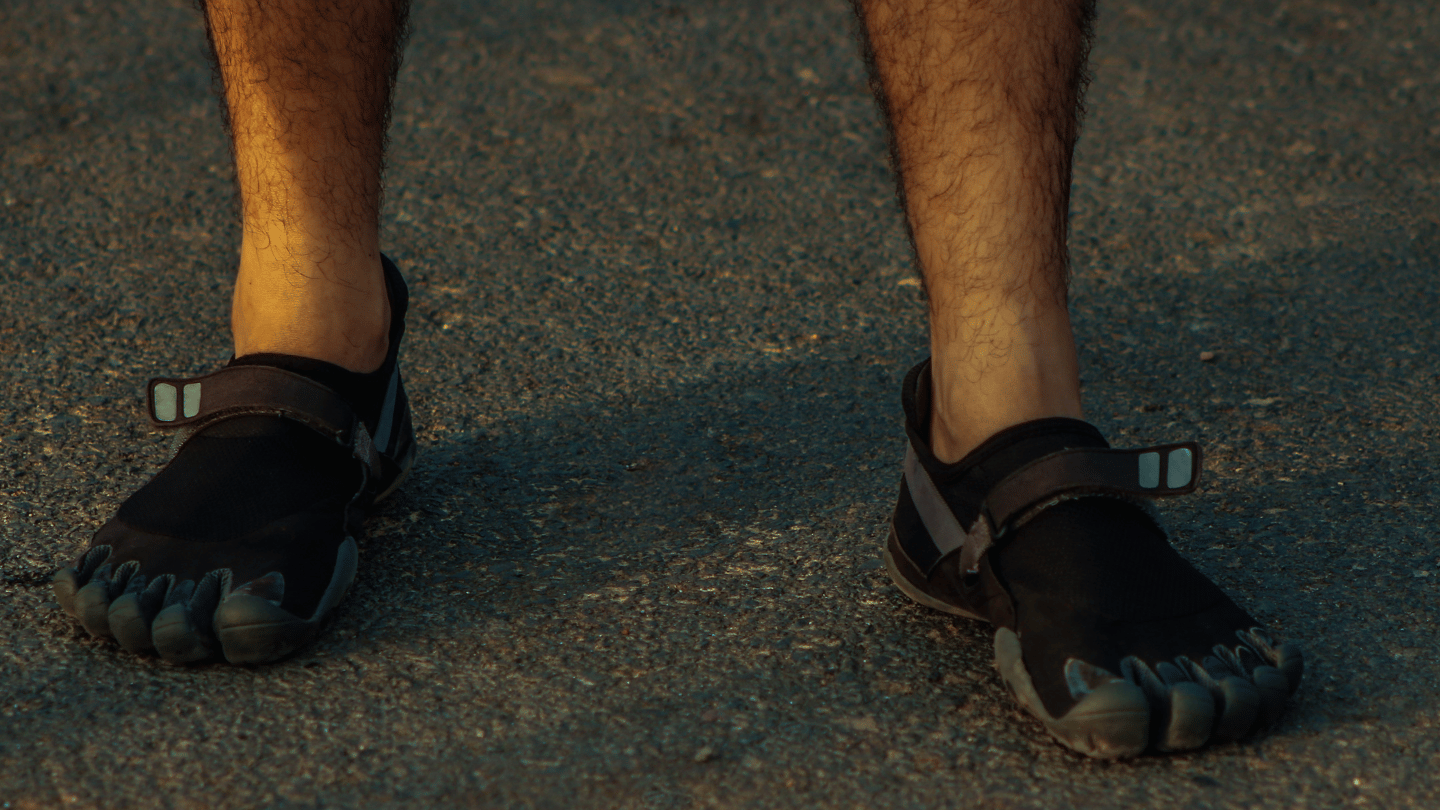







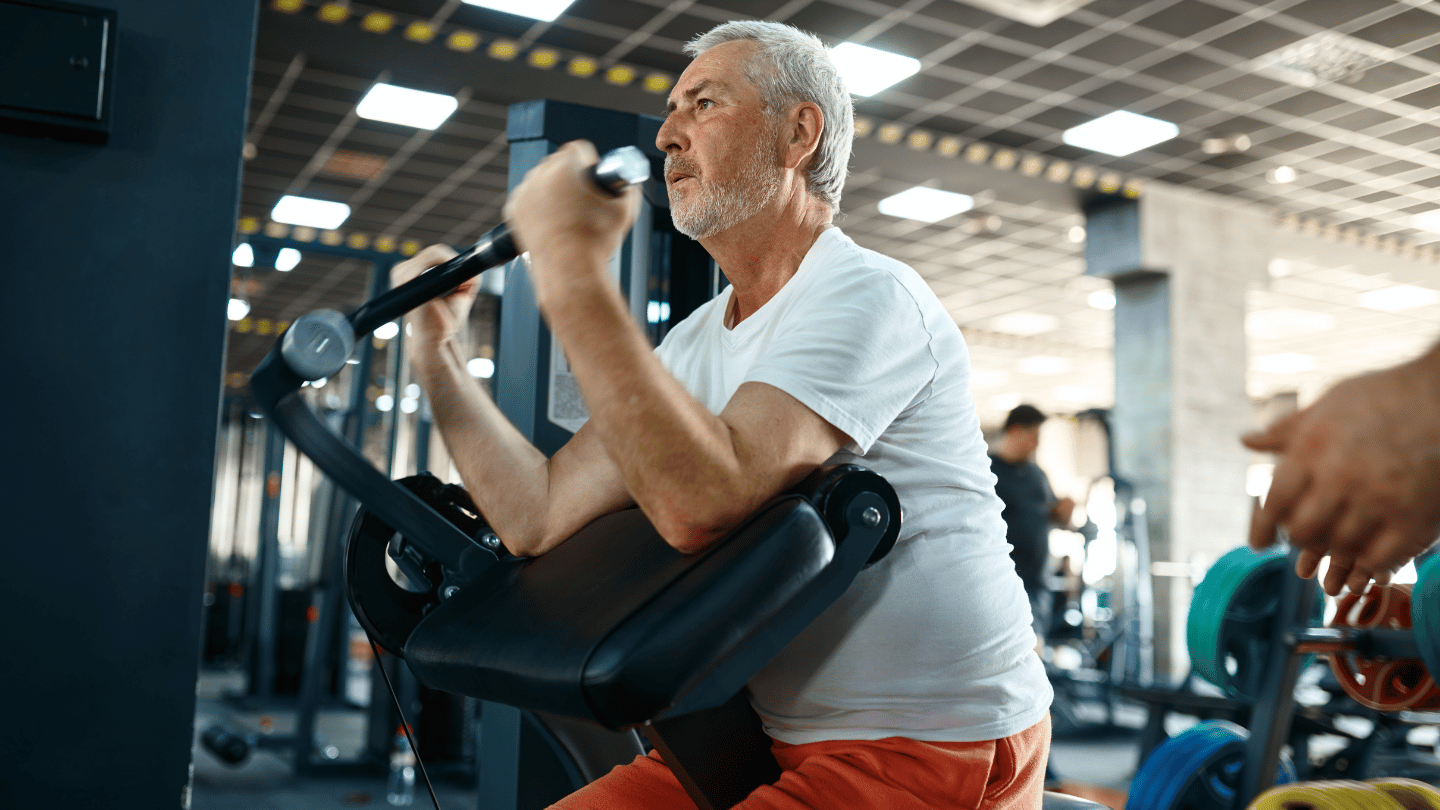

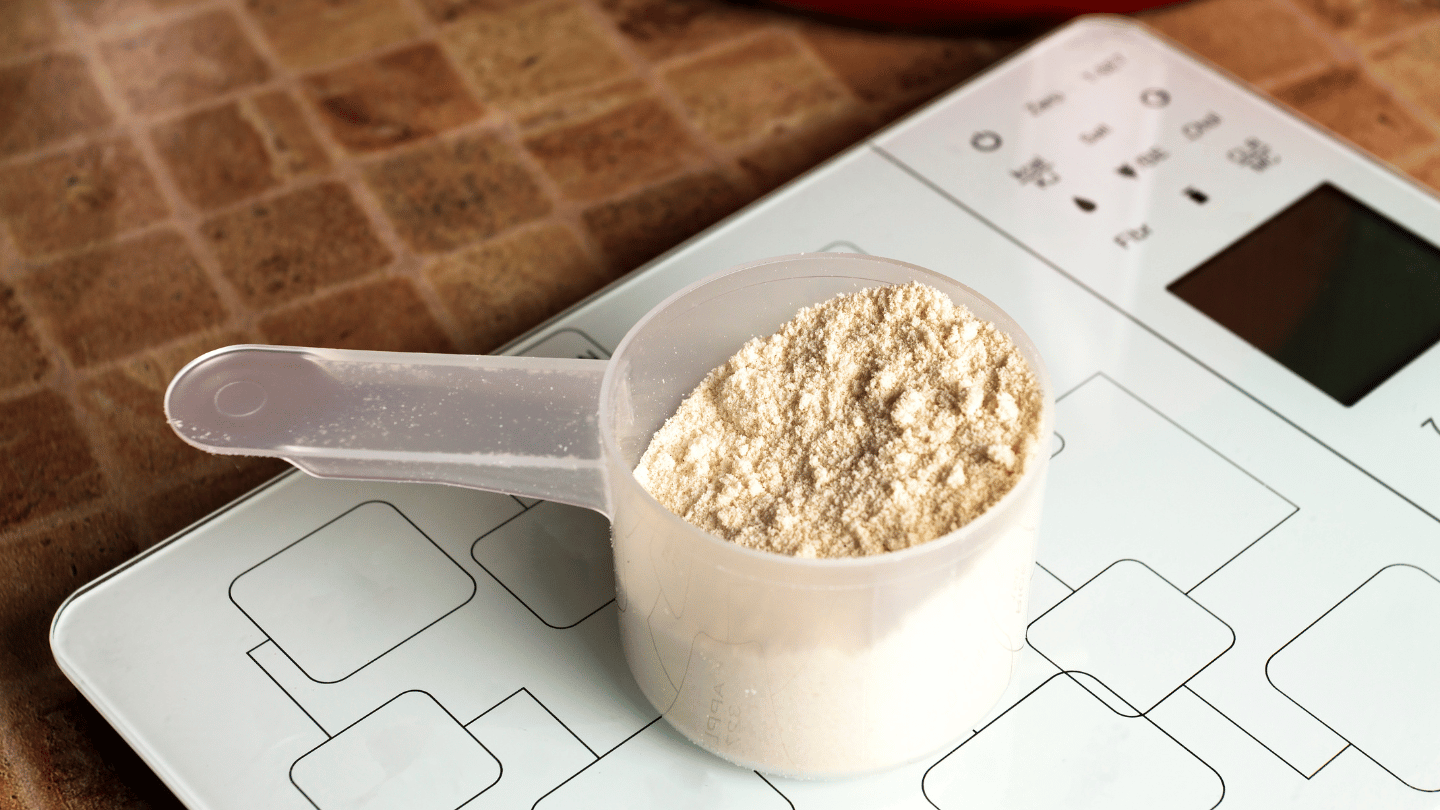

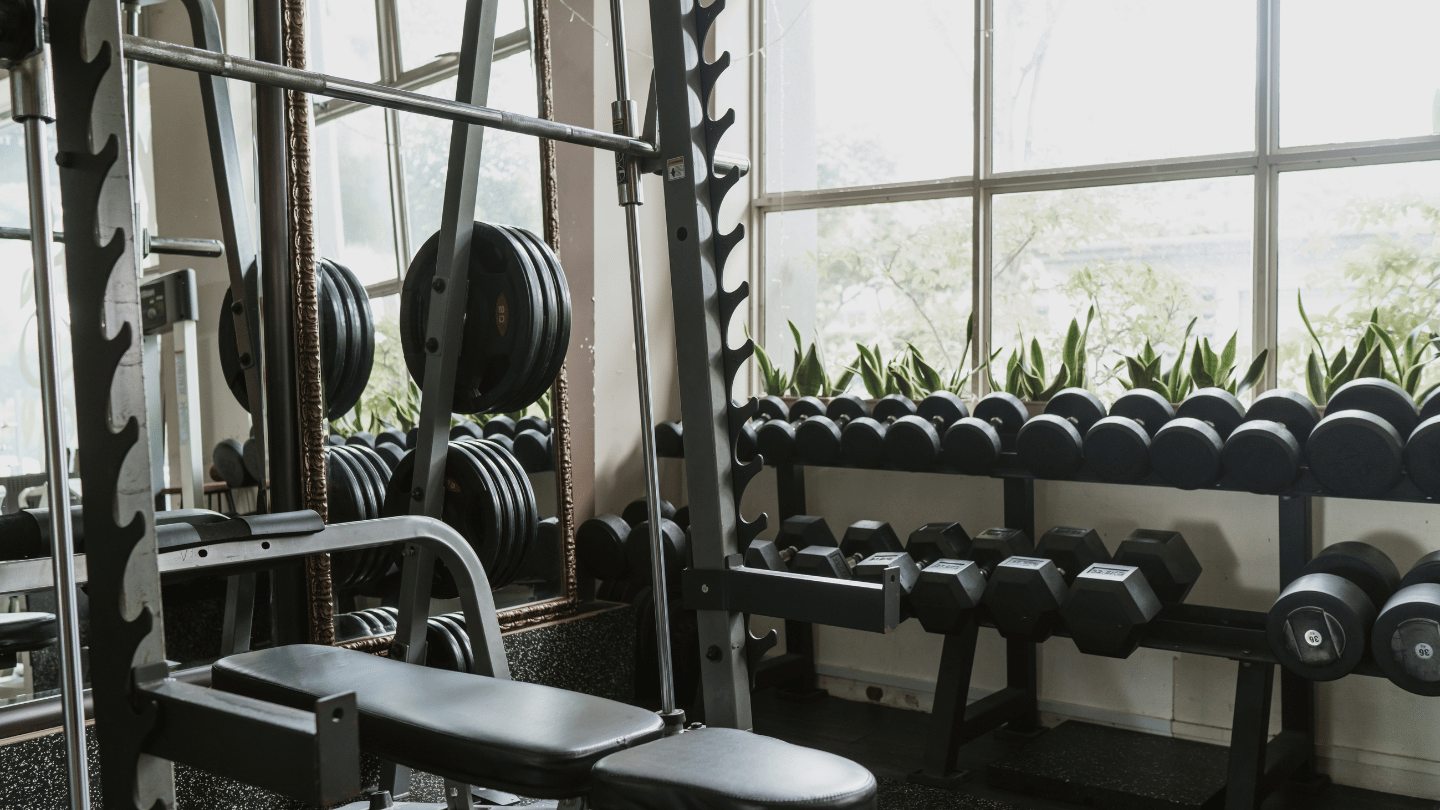
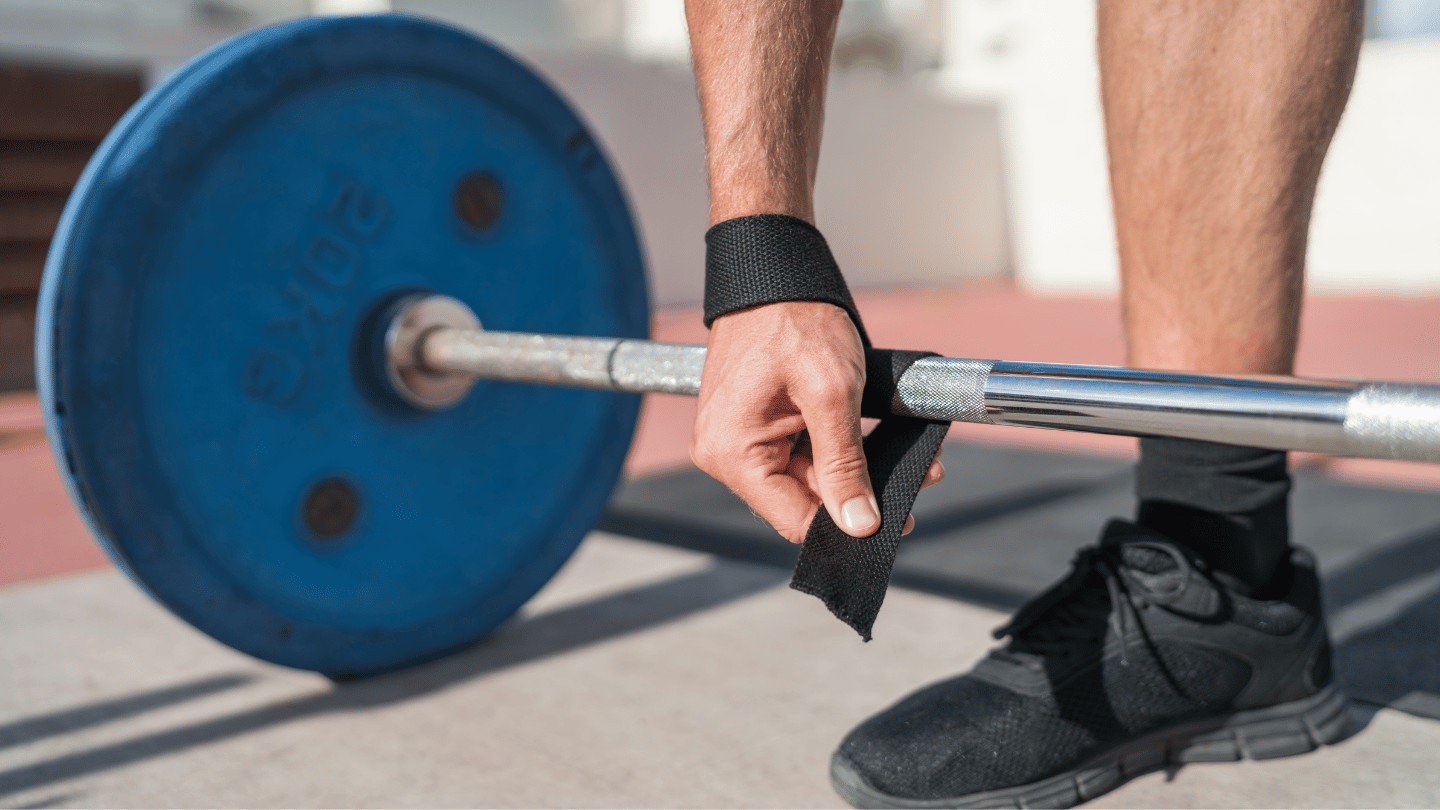


.png)

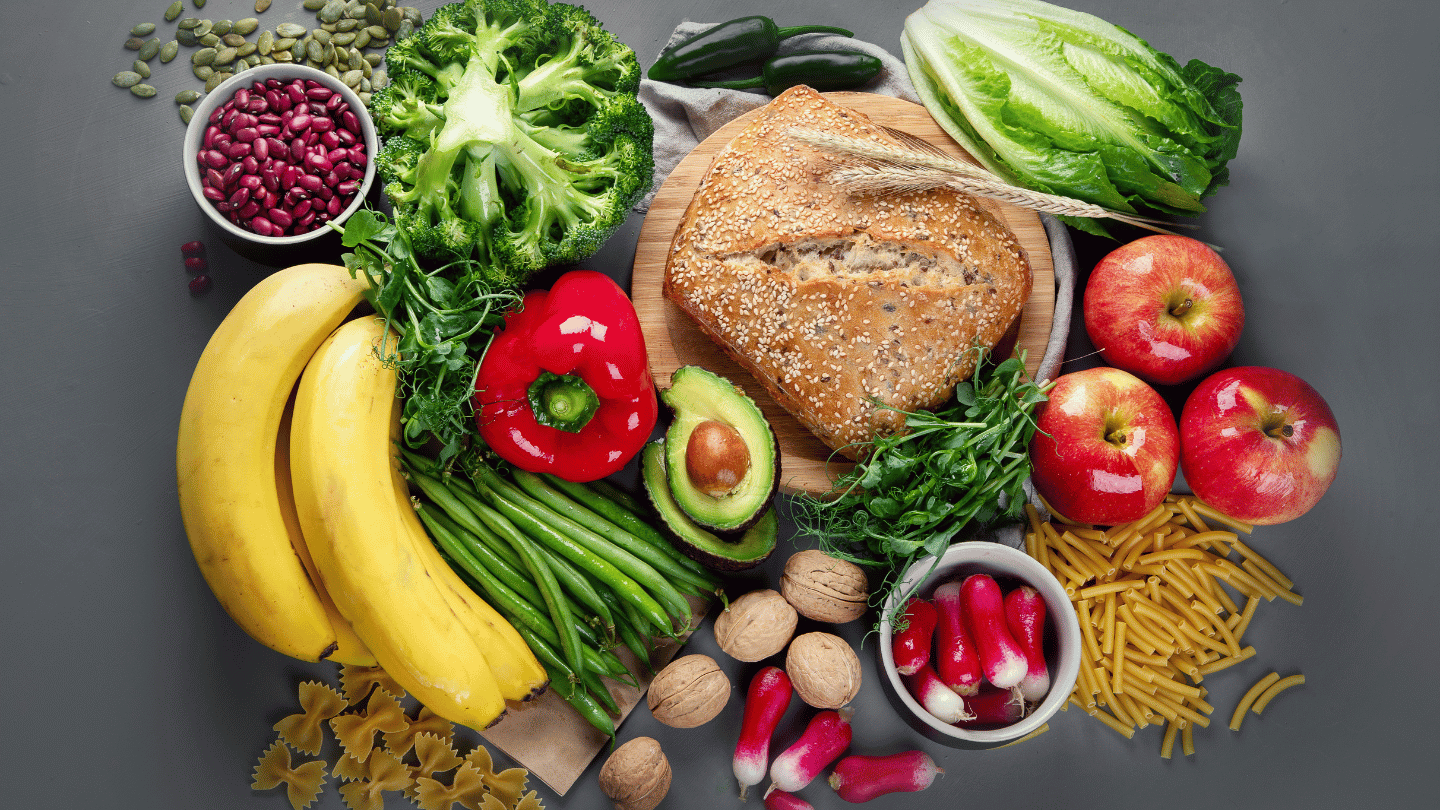









.png)




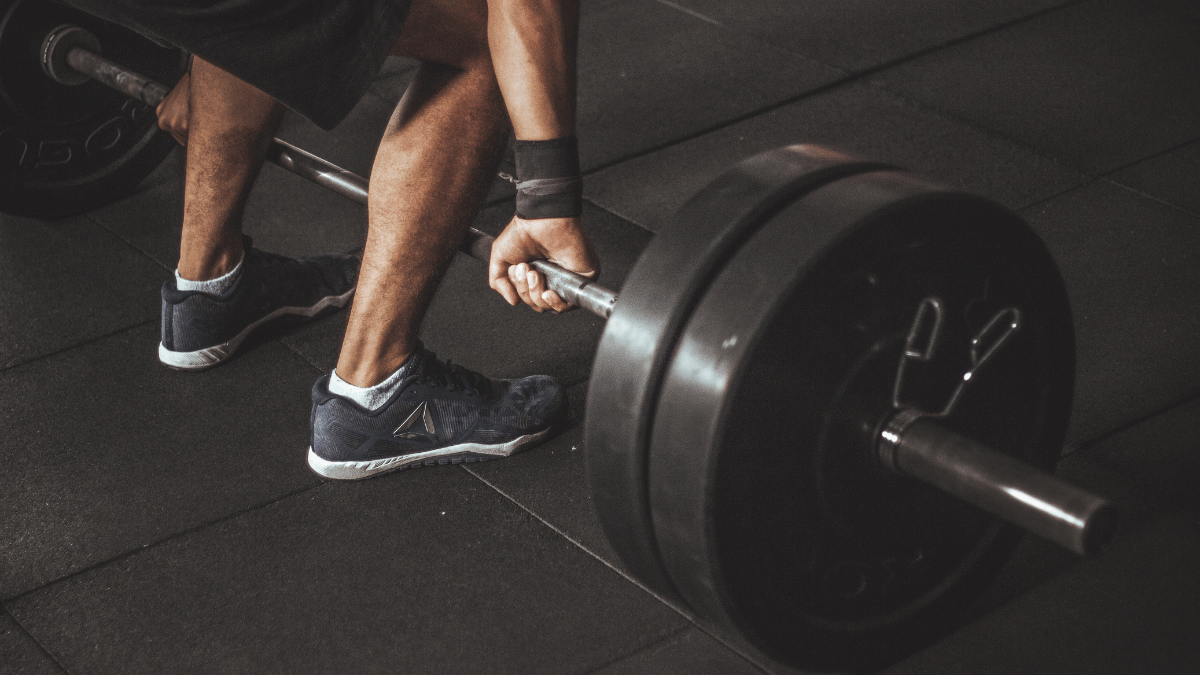





















.png)
.png)
.png)



























.png)
.png)
.png)
.png)
.png)